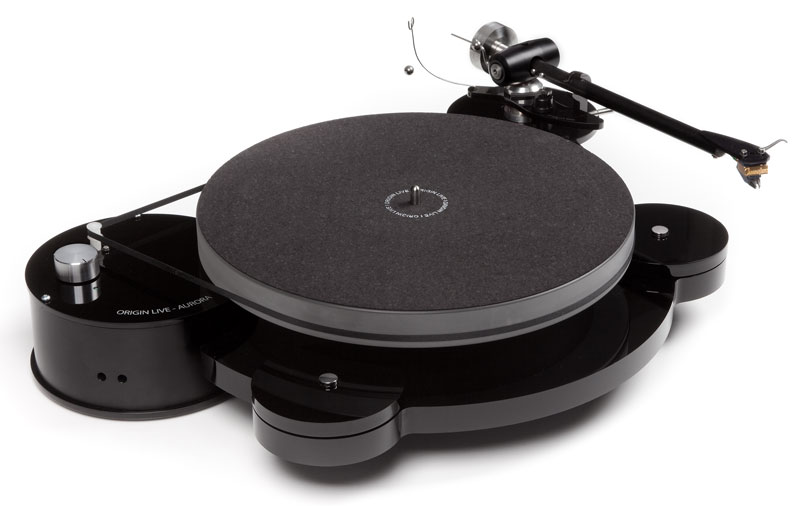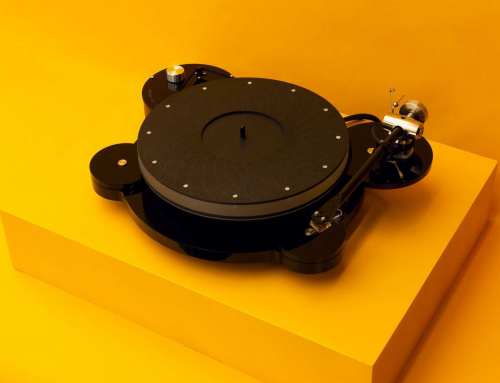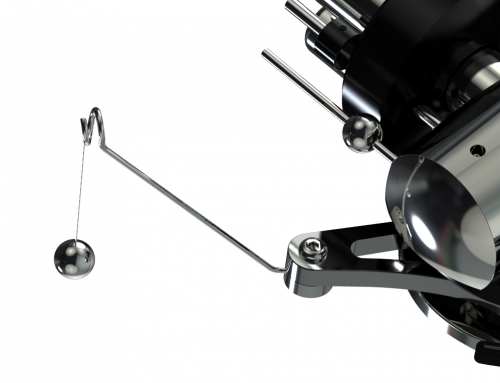BLOG POST
Innovation: Patents & New Ideas
Design

The new speaker from Devialet is claimed to incorporate 77 patents. Apple is said to have offered to buy the company to get it’s hands on these. I give this as an example of how products can present themselves as technologically superior. Whether this particular speaker is superior or not, is not the purpose of this article as we are discussing innovation itself.
When you’re making buying decisions it’s possible to be swayed by things like “patented” or “patent pending”. I have read through quite a few Hi-Fi patents and it’s interesting to note how few of these are commercially successful. In fact, many highly ingenious patents expire because the companies go bankrupt. Widening the discussion further you may look at innovation that is not patented. Of course some claims are just describing old ideas in a new way, but how do you spot the real and whether it’s worthwhile?
New ideas can be extremely important and I love stories where they’ve made a big difference. The interesting thing is that very few people understand or recognise innovation until it’s proven by outstanding success – at which point everybody climbs on board.
The Problems of Popularity
In recent years there has been a huge revival in turntables. These amazing infinite sampling devices (something digital can only dream of) are now so prolific that you can choose from well over 400 decks.
Some might argue that so much choice can surely only be a good thing as it increases competition, innovation and variety? The problem is that it makes your choice much harder in terms of information overload and knowing who or what to believe.
Before going any further it’s helpful to reflect on a bit of history. About 20 years ago, CD had made such inroads that the press declared Vinyl doomed. Turntable sales fell off a cliff and most manufacturers either lost interest in decks and diversified or went bankrupt. The point here is that many of the new decks you see on the market have not been long in the game and not had the many years of development usually needed to produce a genuine advance.
Identifying Winning designs
Judging success in Hi-Fi used to be much easier about 30 years ago when most people referred to industry benchmarks. Quite a few reviews were scathing in those days, but a generous review would end up with the words “a good product but not quite as good as the LP12” or words to the effect. This phrase acted as a gatekeeper that killed off many a new deck and prevented the massive proliferation of mediocre decks that now exists.
This was the very time we decided to intensify our turntable development. At last, in 2004 a highly experienced and respected reviewer who owned an Linn LP12 wrote “Simply stated, the Origin Live Illustrious tonearm/Aurora Gold turntable produce the best musical results of any turntable I’ve ever heard, regardless of price” The full review can be read on the link below and is worth reading because times have not changed – many of the super decks around today are repeating well trodden paths of air suction clamping, high mass etc with similar results in terms of over damped, dead sound. You hear the leading edge of notes but not the decay. Proper decay is probably one of the hardest things to replicate in Hi Fi and is easily overlooked. Lack of decay, with notes stopping before they should, misleads people into thinking a product has fantastic control – it’s hailed by some as the pinnacle of Hi Fi. The opposite extreme is of course spurious resonance, where notes go on longer than they should.
Remarks from behind the scene
One of the most notable things about a winning product is that very often, no one apart from the designers really know why it’s so good. To satisfy the need to appear innovative, I know at least one manufacturer who promotes any unique aspect of his product, but keeps the real reason behind it’s outstanding performance unmentioned.
Why would anyone keep innovation secret when it seems such a good thing to promote?
I would suggest the answer involves more than just giving the game away to competitors. Many great ideas seem so odd and counter-intuitive as to be off-putting. They only become blindingly obvious after they’re proven, but why is this? The main reason is probably the feeling of safety in the popular.
Unsurprisingly therefore, innovative ideas can meet with terrific resistance. One only has to look at the scorn poured on the first people to suggest that cables make a difference or that conditioning the mains is important, to realise that pioneering new ideas is not easy. Prior to this people insisted that amplifiers and turntables all sounded the same.
In a future bulletin we’ll look further at innovation and some examples that can upgrade your current system.


